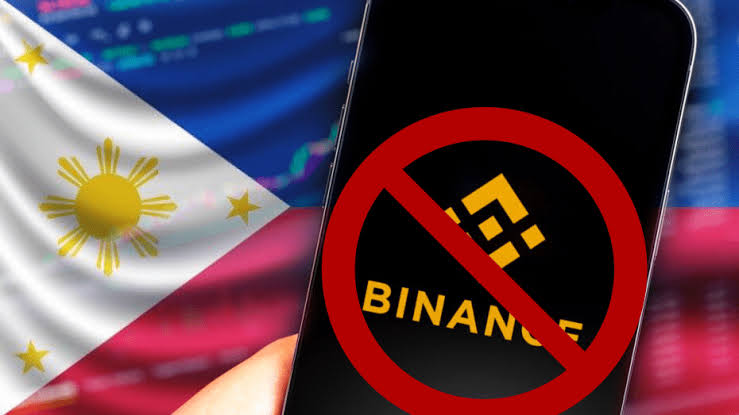Thailand’s sweeping effort to curb online fraud has left millions of people unable to access their money, as banks froze accounts suspected of being “mules” for scammers. The Thailand anti-scam crackdown, launched in August, escalated over the weekend with reports of more than three million frozen accounts and daily transfer limits imposed on all customers nationwide.
While authorities argue the measures are necessary to combat Chinese-linked call center fraud, ordinary citizens and businesses are increasingly caught in the fallout. The Cyber Crime Investigation Bureau (CCIB) confirmed that online vendors and merchants have seen accounts blocked after scammers shifted tactics to launder stolen money through unsuspecting users.
“We urge the public not to panic. The suspension is only temporary and will be lifted once checks confirm no wrongdoing,” — Wisit Wisitsora-at, Secretary, Ministry of Digital Economy and Society.
Banks can suspend suspect funds for up to three days, while police may extend freezes to seven days, according to the ministry.
How scammers are driving the crackdown
The Thailand anti-scam crackdown is rooted in a wave of call center fraud run by groups linked to Chinese nationals operating out of neighboring countries. Victims are typically lured into scams via phone calls, fake investment schemes, and phishing attempts.
Earlier this month, Thai police launched a joint task force with authorities in Japan and India to dismantle the networks. The campaign comes amid growing losses from fraud, which the Bank of Thailand says requires aggressive intervention.
“The challenge is that scammers keep evolving, using mule accounts and layering techniques that complicate enforcement,” — CCIB spokesperson, in remarks to the Bangkok Post.
To stem the flow of illicit transactions, banks imposed nationwide transfer caps of 50,000 baht ($1,570) per day in August. But the blunt approach has sparked frustration among law-abiding account holders.
Foreigners and small businesses caught in crossfire
Expatriates in Thailand have taken to online forums to complain of being locked out of banking services for weeks without explanation. Many report being told to re-register biometric data in person and comply with strict Know Your Customer (KYC) checks before accounts are reinstated.
Local merchants are also feeling the squeeze. Some vendors have stopped accepting QR code payments due to uncertainty, while others have withdrawn funds over fears of sudden freezes.
“The Thailand anti-scam crackdown has turned into a nightmare for businesses just trying to operate legally,” — a Bangkok-based small business owner told local media.
Community anger is rising as the crackdown continues, highlighting the tension between financial security and accessibility.
Crypto enters the debate
The account freezes have reignited interest in digital alternatives. Some crypto advocates argue that Bitcoin offers an escape from state-controlled banking.
“Thank you, BoT, for the free Bitcoin marketing,” — Daniel Batten, Crypto and Technology Investor, on social media.“This should be an international story. Thank god for Bitcoin,” — Jimmy Kostro, Founder, Thailand Bitcoin Learning Center.
Yet, under current law, residents face hurdles in using digital assets as a substitute. While crypto trading is legal and popular in Thailand, the central bank has banned the use of cryptocurrencies for direct payments.
Central bank seeks compromise
Faced with mounting criticism, the Bank of Thailand is in talks with the CCIB to design a workaround for innocent customers impacted by the freezes. Officials are considering exemptions or streamlined checks for verified account holders to restore trust.
For now, however, the Thailand anti-scam crackdown shows no sign of easing. With scammers growing more sophisticated, regulators are prioritizing fraud prevention over convenience, leaving millions of citizens caught in the middle.
As one policymaker admitted privately, the trade-off is stark: either risk letting fraud escalate unchecked, or endure the backlash of a public increasingly wary of its own banking system.











